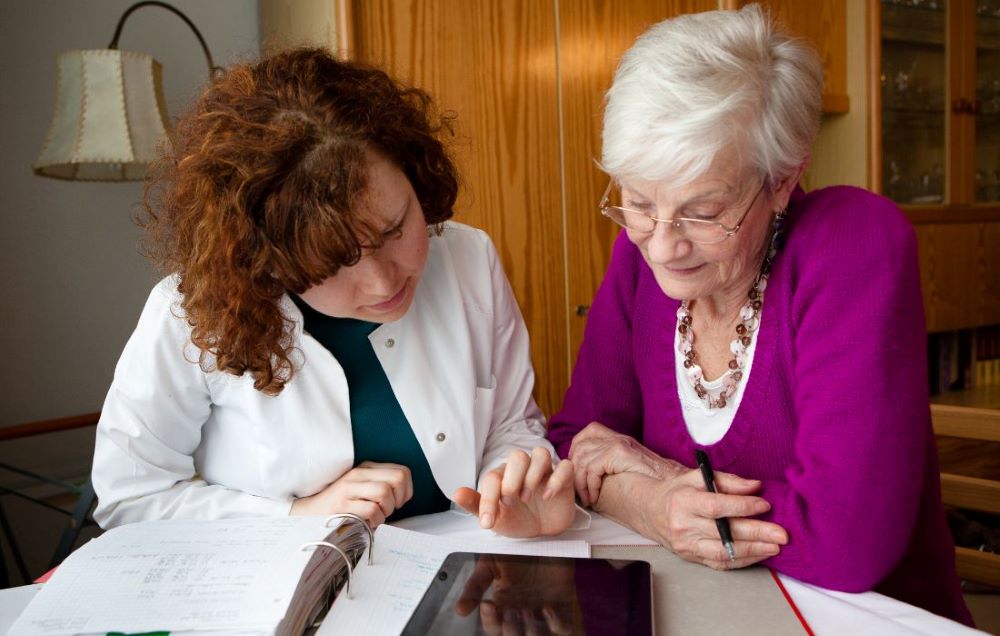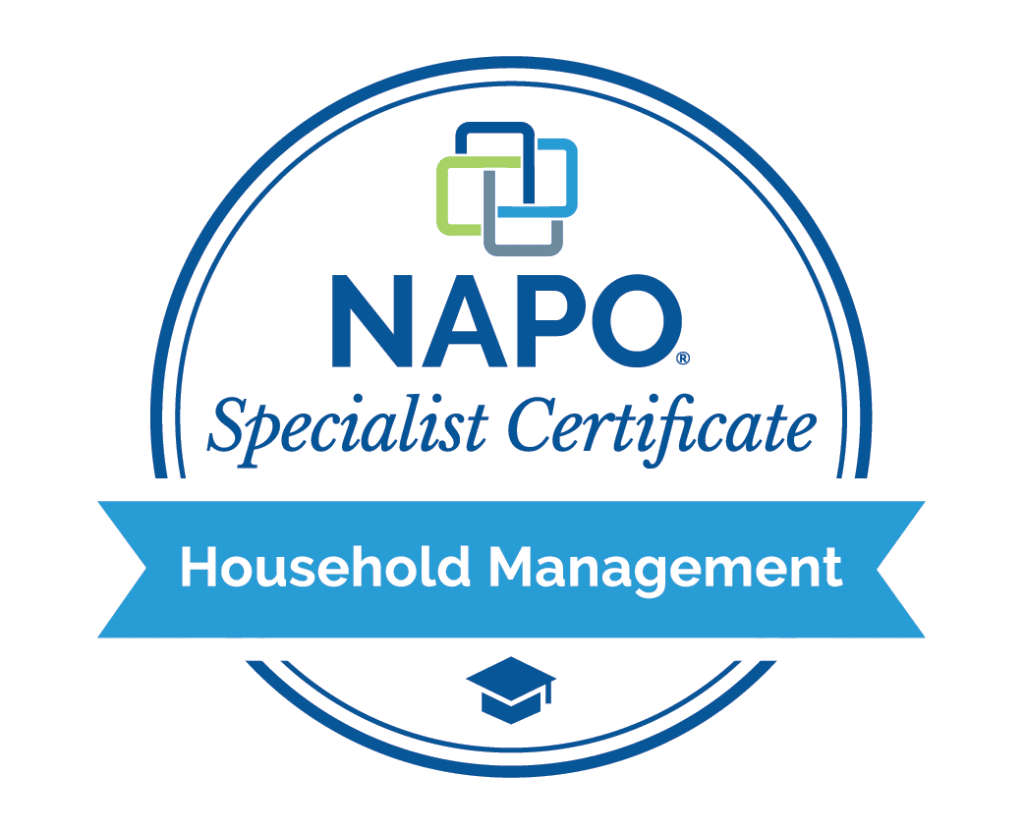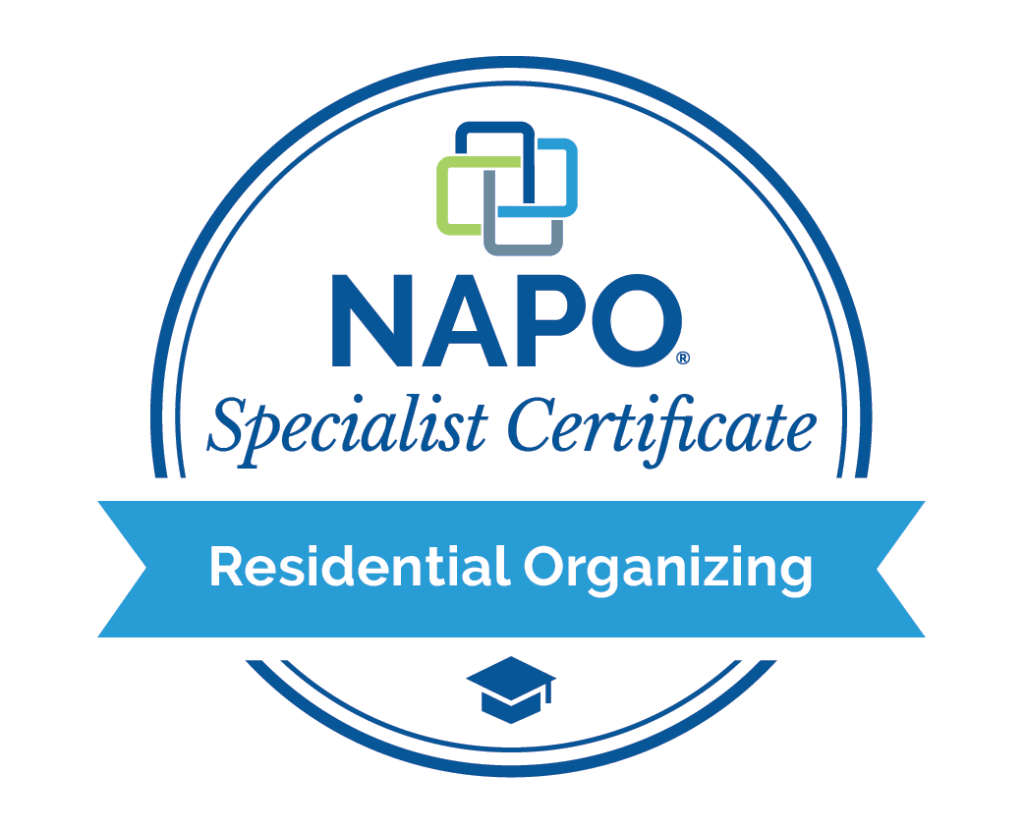Talking with loved ones about their wishes, such as DNR or other end of life measures, is an emotional, difficult conversation.
Doctors and other health care providers often find themselves in the middle of parents and their children trying to negotiate a truce. Thanks to an agreement that started in 2016, healthcare providers who accept Medicare are allowed to bill for this type of service.
Docs Say This is a Good Thing
During the first year, nearly 575,000 Medicare beneficiaries took advantage of this service. The conversations made it easier for whole families to be clear about their loved ones wishes, to be in agreement with the doctors, and made it possible for these conversations to happen without unnecessary stress. Nearly 23,000 providers billed around $93 million for this service in 2016 and about $43 million of that was covered by federal programs.
Benefits
Doctors who’ve made use of this program see the benefits. It helps everyone involved make informed, patient-centered decisions. They see their role in these conversations bringing families closer together and offering loved ones a supportive place to discuss their fears and concerns.

The Other Side of the Coin
With anything like this, there’s also some controversy. Opponents fear that patients who expect life-sustaining care in their later years may be counseled away from receiving it for financial reasons. Other caregivers point out that such a scenario is far more likely to happen if there’s not a medical professional helping guide the discussion.
Be Prepared
Before having these conversations, it’s best to prepare yourself.
A few questions to consider:
- What do I need to think about or do to feel ready to have this conversation?
- What concerns or requests do I want to bring up?
- What matters to me at the end of life?
Be Your Own Advocate
Since this program just began in 2016, many healthcare providers are still learning about it. They’re figuring out how to code for it and bill for it correctly.
So, if you’re looking to have an end of life discussion with your family and doctor, be your own advocate and ask them about it directly. They may need that push to learn about the new program.
For help getting other end of life documents in order, please contact me. I’d be happy to help you.
👉 Want More Expert Tips? Subscribe to our bi-weekly newsletter for the latest updates, insights, and valuable resources tailored just for you. Subscribe Now









